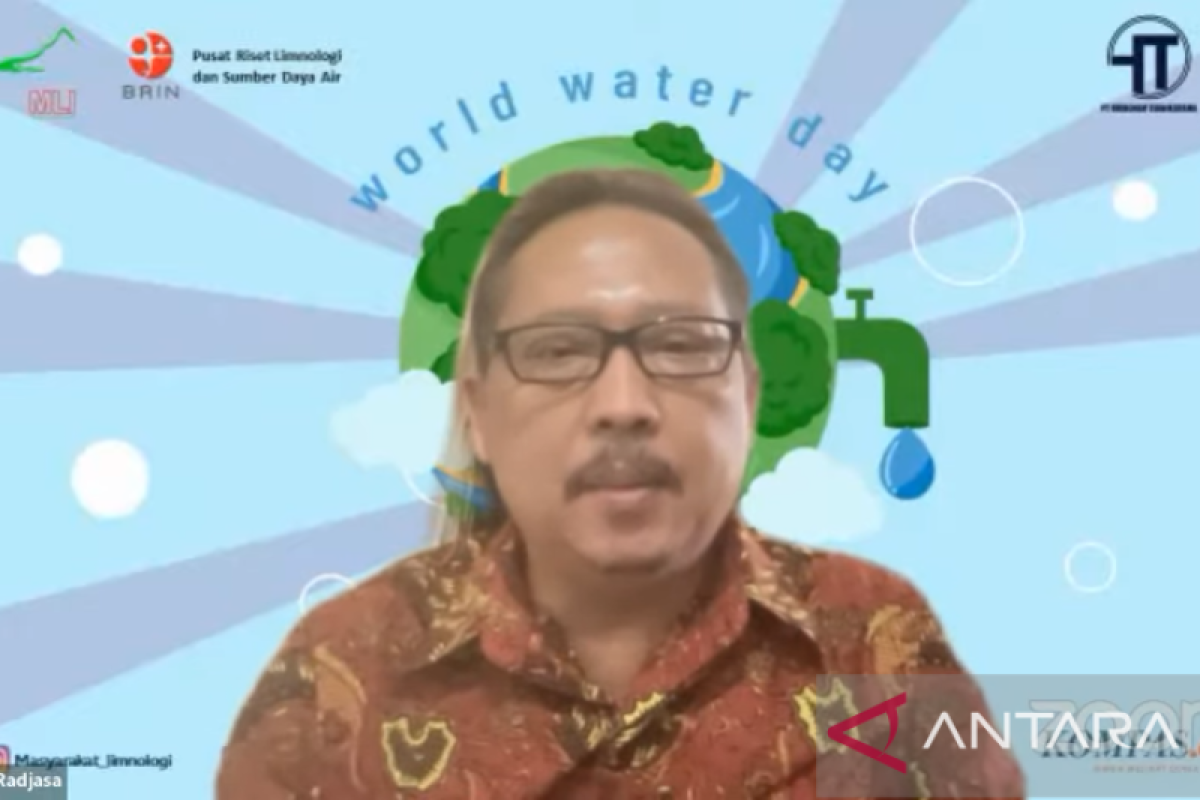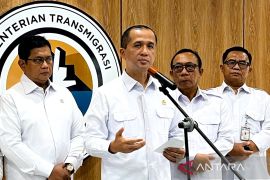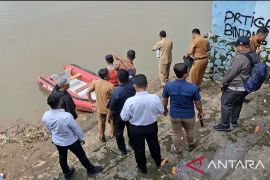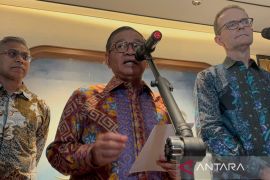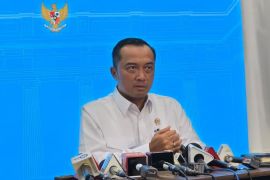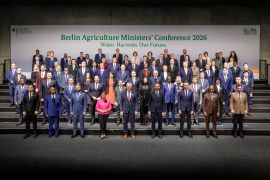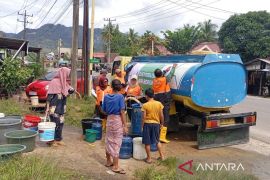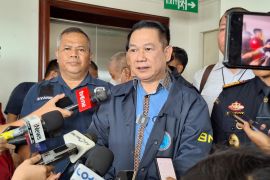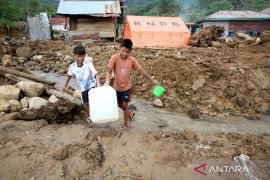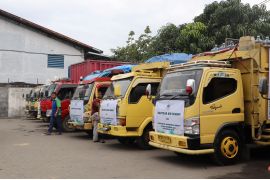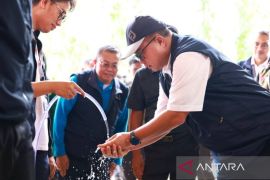"We need a water resource management system that emphasizes the natural nature of the water resource environment and is based on public awareness and participation," Head of the Earth and Maritime Research Organization at BRIN Ocky Karna Radjasa stated during the 2022 World Water Day Webinar themed "Building Awareness of the Young Generation about Water Availability and Sustainability" in Jakarta, Tuesday.
The virtual seminar is organized by BRIN’s Research Center for Limnology and Water Resources in collaboration with the Indonesian Limnological Society (MLI) to celebrate World Water Day, observed every March 22.
Radjasa said that the comprehensive water resources management system that involves the community will be able to address problems and threats to water resources massively and sustainably.
"It even allows the emergence of models of water conservation and management that are in accordance with the perspectives and cultural practices of the local community," he stated.
Radjasa affirmed that quantitatively, water is abundant, but only five percent of the fresh water can be used for daily needs, while the rest is sea water.
In line with the increase in population, the need for clean water is increasing, while its availability is decreasing. This situation is exacerbated by the unwise use of water that poses a threat to a sustainable environment.
To this end, the BRIN encourages new breakthroughs in water resource management and invites all parties, including the general public and the younger generation, to be actively involved in efforts to conserve and manage water resources wisely for a sustainable life.
The government is striving to manage sufficient and sustainable utilization of clean water through various programs, including by building 61 dams during the 2015-2025 period, Vice President Ma'ruf Amin earlier stated.
Amin conveyed the statement in Labuan Bajo, East Nusa Tenggara (NTT) Province, on Monday, while opening the 2nd Asia International Water Week (AIWW) organized by the Asia Water Council (AWC) in collaboration with the Indonesian Public Works and Public Housing (PUPR) Ministry.
"We will continue to optimize the potential of water for the development of hydropower and floating solar plant to produce clean energy," he remarked.
The government also establishes irrigation facilities and one thousand retention basins to realize national food security.
"In addition, we encourage integrated sustainable water management and the improvement of access to clean water for households," he stated.
Statistics Indonesia (BPS) recorded that access to clean water only covered 68 percent of the total households, with the coverage increasing to 90 percent in 2020.
Furthermore, Amin noted that although water covers 71 percent of the Earth’s surface, only about 13 percent of the total water is found on land and can be used to meet the water requirements of more than seven billion people around the world.
About two-thirds of the world's population experienced water scarcity at least for a month every year. Meanwhile, more than two billion people live in countries with insufficient water supply.
It is estimated that by 2025, half of the world's population will experience water scarcity and by 2030, around 700 million people will be displaced due to water scarcity.
The Asia-Pacific region only holds 36 percent of the world's total water resources, so the region has the lowest water availability per capita in the world.
Related news: G20 EDM-CSWG meeting to formulate commitments to tackle climate change
Related news: Water resources key for sustainable development: PUPR Minister
Related news: Bali selected to host 2024 World Water Forum: ministry
Translator: Martha H, Azis Kurmala
Editor: Sri Haryati
Copyright © ANTARA 2022
